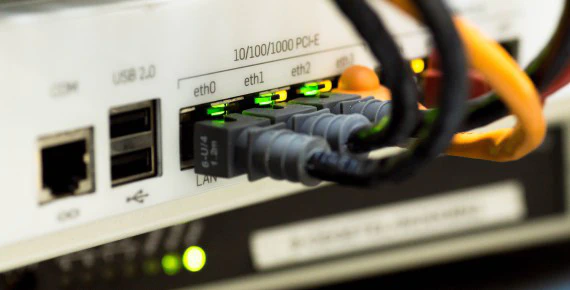
Why Small Businesses Need to Update Their Computers Regularly
As a small business owner, it’s important to keep your computers up to date to ensure the security and performance …

As a small business owner, you may think that cyberattacks are something that only large corporations need to worry about. However, the truth is that small businesses are just as much at risk for cyberattacks as their larger counterparts. In fact, small businesses are often targeted because they may not have the same level of security measures in place, making them an easier target.
One of the biggest risks of a cyberattack for a small business is the financial damage it can cause. If a hacker is able to gain access to your financial accounts or steal customer information, it could result in significant losses for your business. In addition to the financial impact, a cyberattack can also damage your business’s reputation and relationships with customers, suppliers, and partners.
So, how can you protect your small business from cyberattacks? Here are a few basic tips to get you started:
Use strong passwords: One of the easiest ways for hackers to gain access to your systems is by using stolen or weak passwords. Make sure to use strong, unique passwords for all of your business accounts and consider using a password manager to help you generate and store them.
Enable two-factor authentication: Two-factor authentication adds an extra layer of security by requiring a second form of authentication, such as a code sent to your phone, in addition to your password. This can help prevent unauthorized access to your accounts, even if a hacker has obtained your password.
Educate your employees: Your employees are the first line of defense against cyberattacks, so it’s important to educate them on the risks and teach them how to identify and prevent potential threats. Make sure to provide them with guidelines for safe online practices, such as avoiding suspicious emails and links, and regularly remind them to be vigilant.
Back up important data: In the event of a cyberattack, it’s crucial to have a backup of all your important data. This can help you recover quickly and minimize the impact on your business. Make sure to regularly back up your data to a secure location, such as an external hard drive or cloud storage service.
Create a disaster recovery plan: A disaster recovery plan outlines the steps you will take in the event of a cyberattack or other disaster. This should include information on how to restore your systems and data, as well as how to communicate with customers and other stakeholders. Having a plan in place can help you minimize the disruption to your business and get things back up and running as quickly as possible.
By following these basic tips, you can take the first steps towards protecting your small business from cyberattacks. While it’s not possible to completely eliminate the risk of a cyberattack, taking the time to implement these measures can significantly reduce your risk and help keep your business safe. So, it is always better to be cautious and proactive in safeguarding your business from cyber threats.

As a small business owner, it’s important to keep your computers up to date to ensure the security and performance …

As a business owner, securing your company’s network should be a top priority. A cyber attack or data breach can …